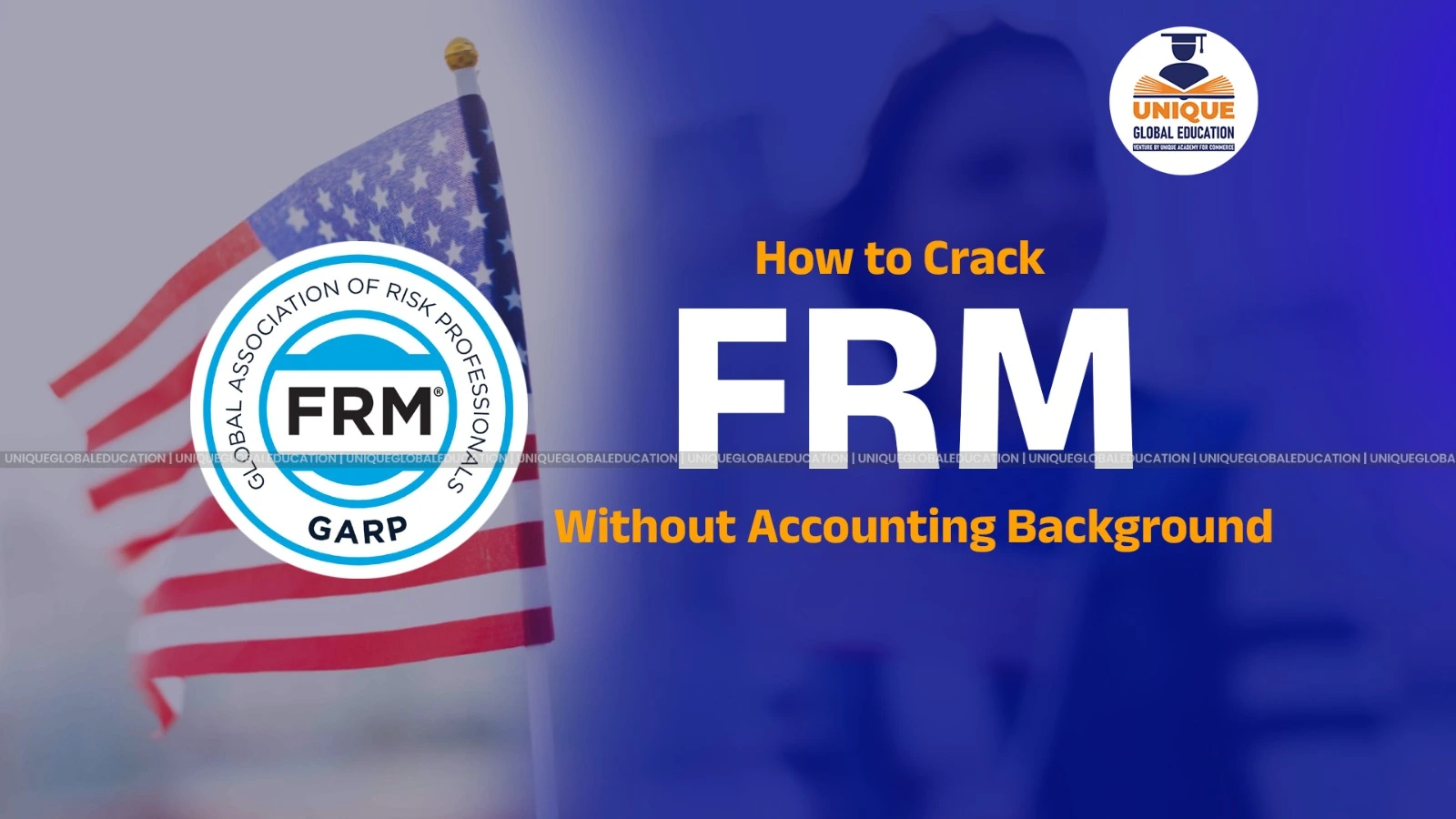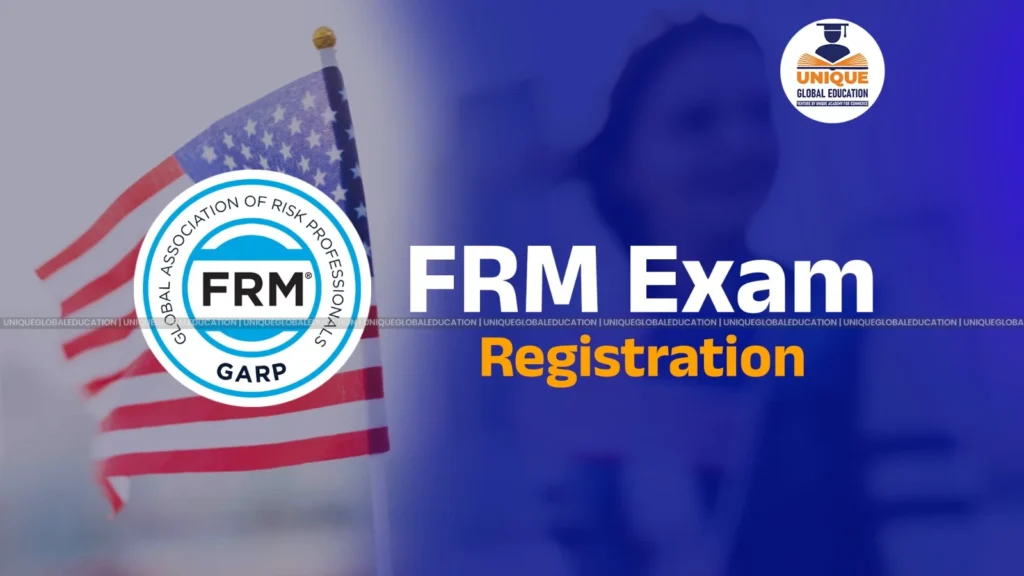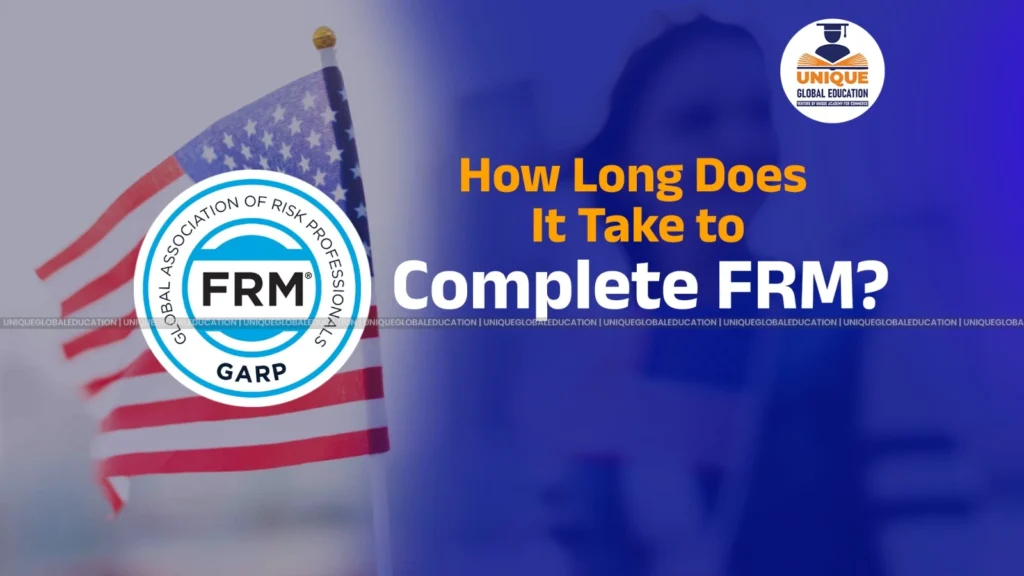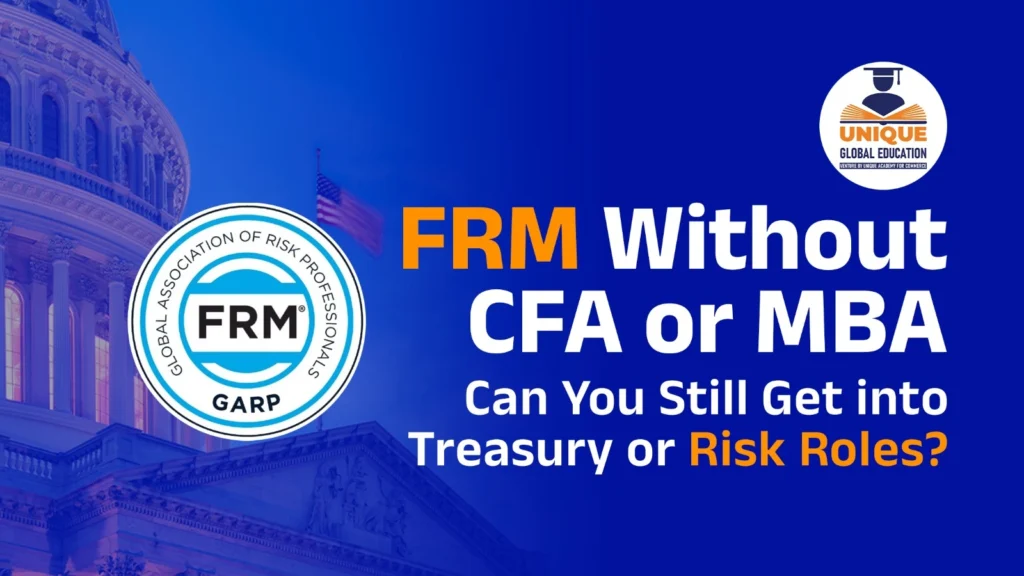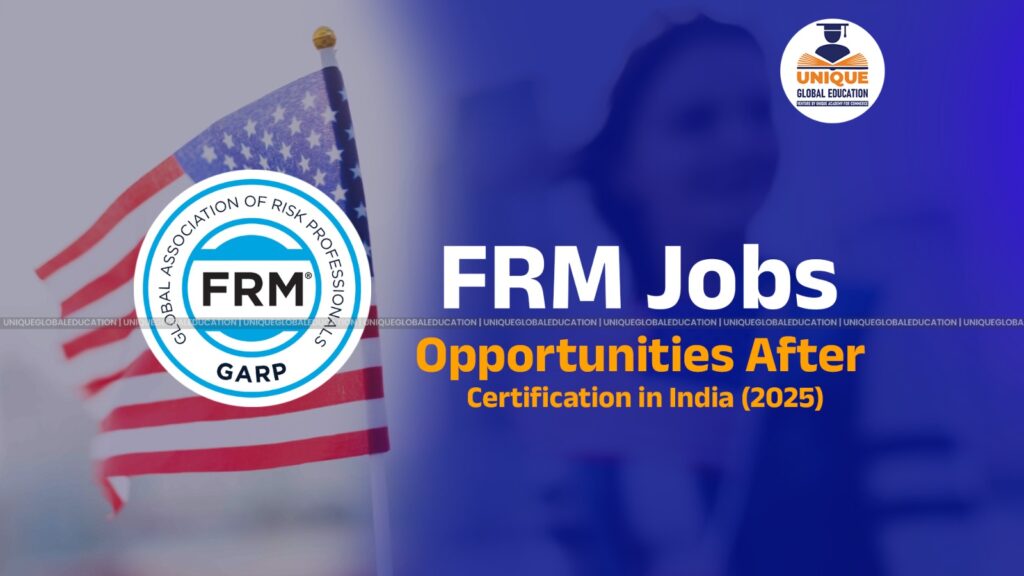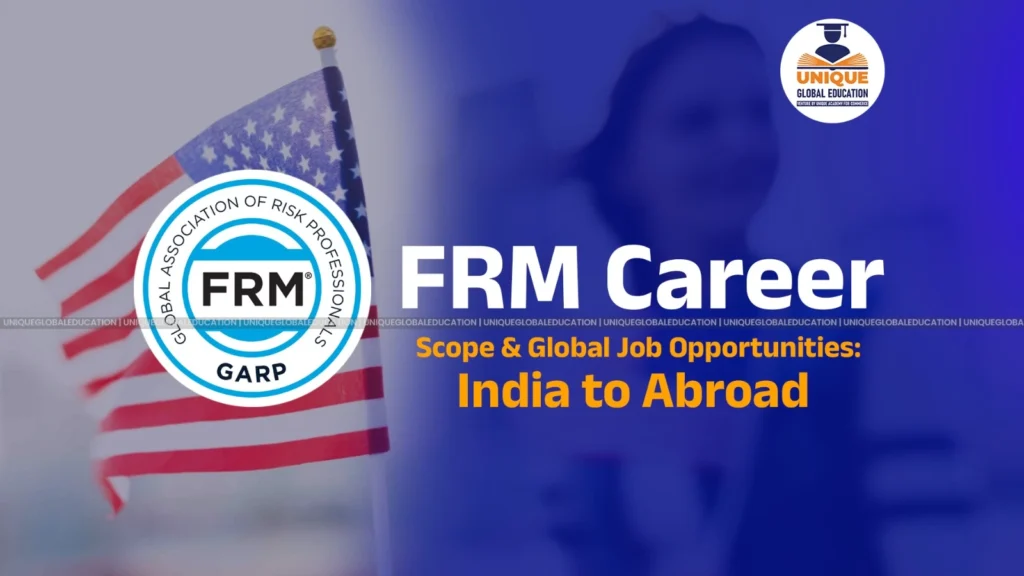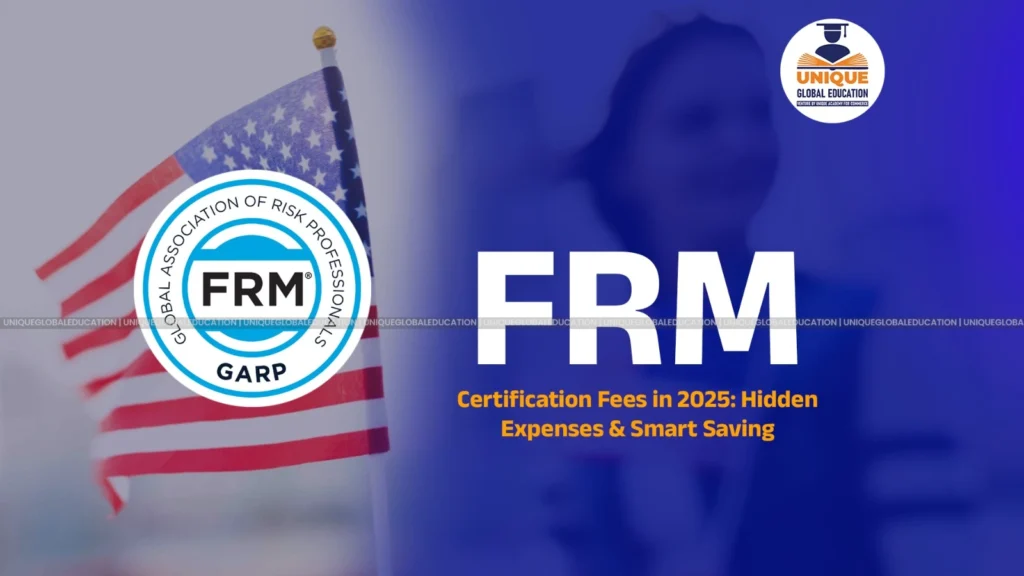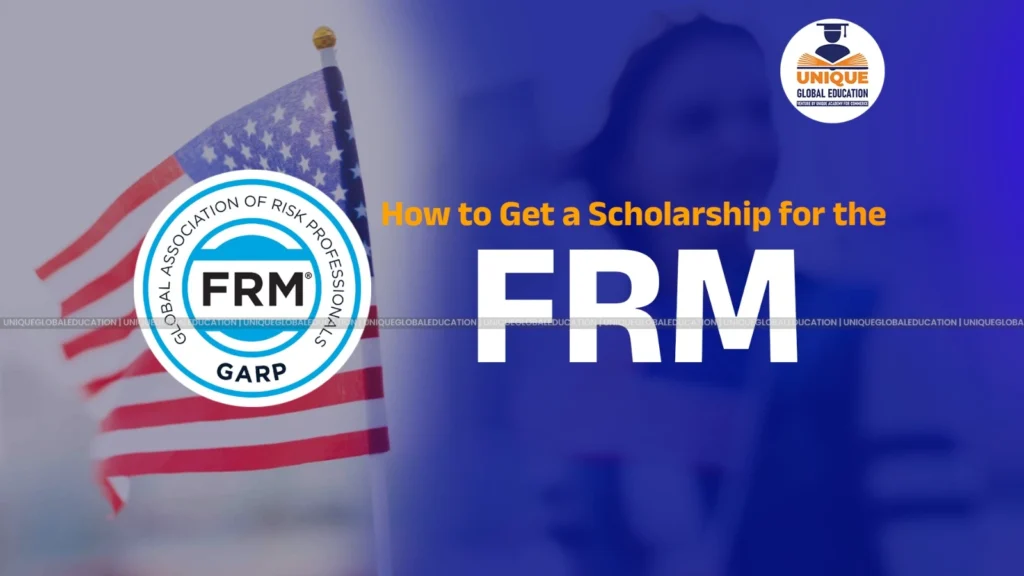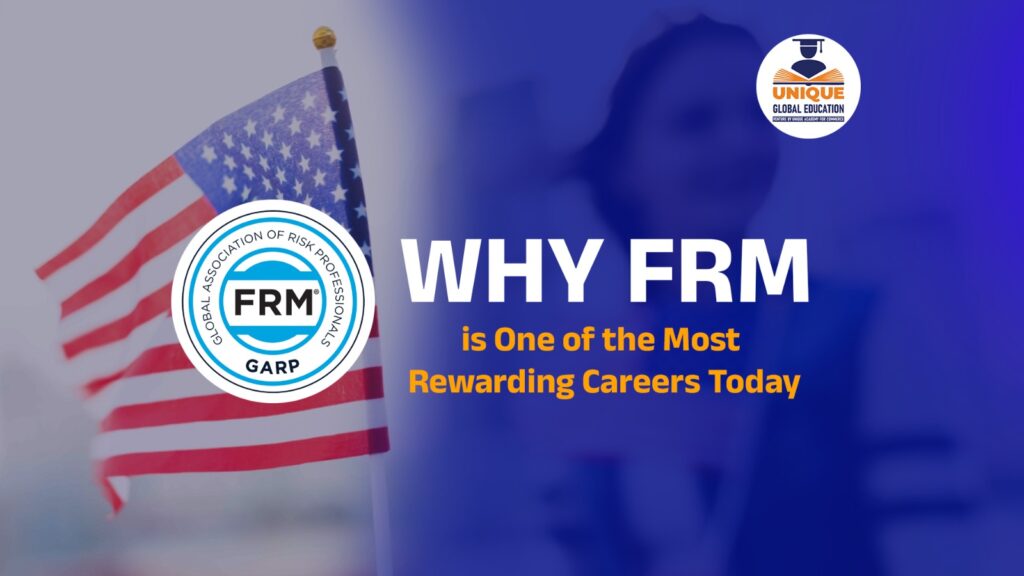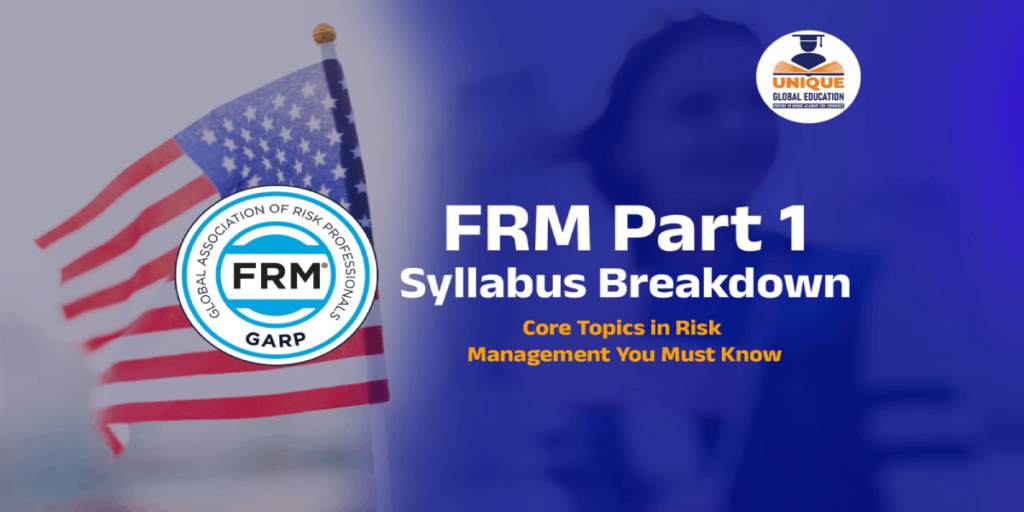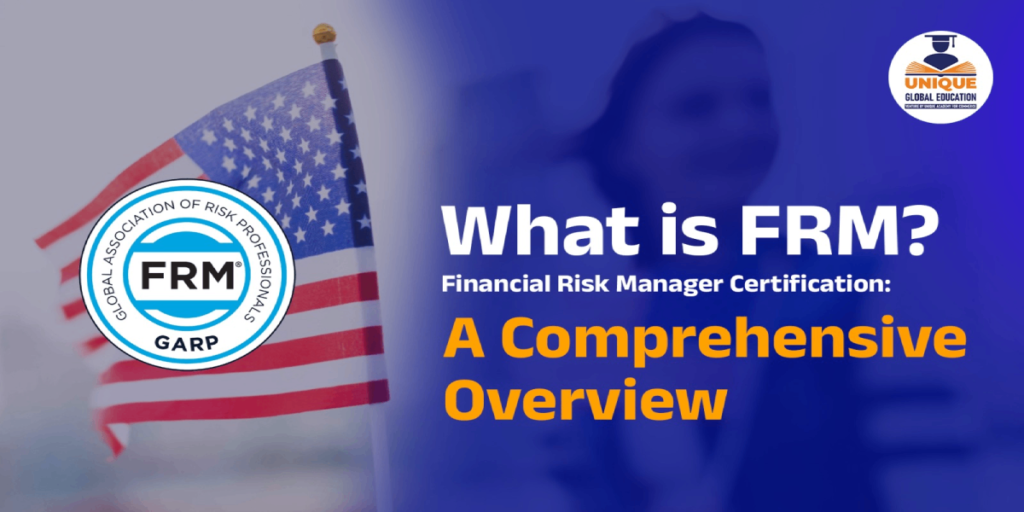But one query that you often hear is:
Is an accounting background necessary to take the FRM course?
The answer is an unequivocal yes — you can. The truth is a lot of successful FRM holders are from all types of background, be it engineering, economics, maths, stat, IT or even pure science. Although having an accounting experience may facilitate the understanding of certain concepts, it is not a pre-requisite. What counts is your knowledge of financials and how to calculate talks, how to apply them to risk scenario’s etc.
In this article, we will look into whether you can pass FRM without accounting, the difficulties you might find along the way, and actionable tips to help you get through
Table of Contents
Why Accounting Isn’t Mandatory for FRM
The FRM exam tests your knowledge of risk, markets, and quantitative tools, not only accounting concepts. Financial reporting and accounting are a part of the curriculum, but they are only a small part. The broader focus is on:
- Market risk
- Credit risk
- Operational risk
- Quantitative analysis
- Financial markets and products
- Risk management practices
It is thus much more important to be able to think logically and have an interest in finance than to have direct experience of accounting.
A high number of engineers, software professionals and non-commerce grads have cleared FRM as well because the exam is more of application and analytical in nature than a mugging of accounting standards for 2 straight months thereby enduring sleepless nights and 18-20 hours studying on an average.
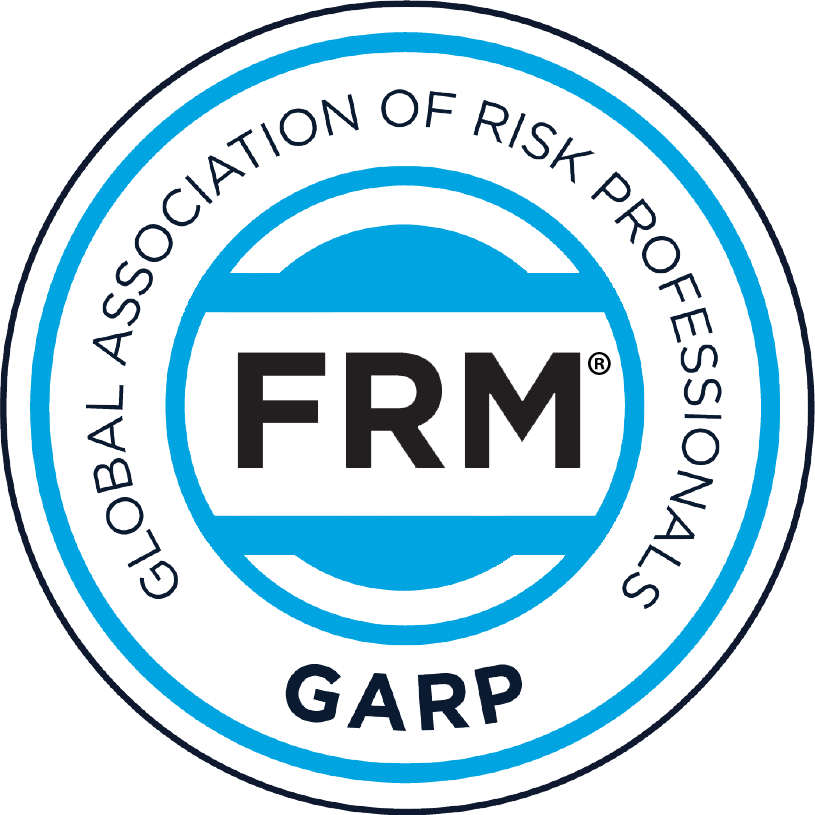
Key Challenges Without an Accounting Background
That said, a non-accountant might encounter certain challenges, especially in that first FRM Part – precisely where it is primarily skills-based. Some of the challenges include:
- Financial Statements – While it may be common sense to someone who has studied commerce, interpreting balance sheets, income statements and cash flows can be challenging for a non-commerce freshmen.
- Valuation Basics – Subjects such as bonds, derivatives, or financial reporting ratios may seem foreign.
- Risk Metrics – Value at Risk (VaR), exposure, and credit risk modelling probably sound terrifying to start with.
- Jargon Jumble – There is a lot of terms used in finance that can be confusing if you don’t have familiarity with them.
But the good news: These obstacles are temporary. With some well-organized preparation, the gap is easily closed.
Why Non-Accounting Students Succeed in FRM
It is interesting to note that many non-accounting major guys do better than your guys. Here’s why:
- Quantitative Skills: Engineers and Math graduates generally have great strength in statistics and quantitative methods, which are a quarter of the curriculum of FRM.
- New look: With no accounting biases, they tackle concepts from a problem-solving perspective.
- Adaptability: Preparing for FRM makes them start from the scratch and develop a holistic understanding about finance.
Instead of looking at your lack of accounting background as a weakness, you can play to your strengths instead.
How to Succeed in FRM Without an Accounting Background
To make the FRM journey successful for you (especially if you are from a non-accounting background, here is your compass:
1. Build Strong Foundations in Finance
Acquaint yourself with fundamental finance before jumping into the FRM curriculum. Resources you can use:
- “Financial Accounting for Dummies” – Book for beginners.
Simply learning how to read financial statements and interpret key ratios could get you leagues ahead of the game.
2. Master the Quantitative Methods
FRM gives enormous weightage on Quant and Quant related topics like:
- Probability
- Statistics
- Regression
- Time value of money
- Hypothesis testing
If you are good with numbers, this section will be your favourite thing. Otherwise, do a lot of solved examples on all these topics. Math is a universal language and once you comprehend the logic of it, you don’t need an accounting background.
3. Focus on Conceptual Understanding
One thing that so many candidates get wrong is to memorize formulas. Instead, try to understand the “why” behind every formula or risk measure. For example:
- What is the purpose of calculating Value at Risk (VaR)?
- What does beta mean in the CAPM equation?
- How does duration aid in the measurement of bond risk?
Now that you understand the logic, application of the principle is really easy.
Get more details of FRM –Unique Global Education
4. Use FRM Prep Providers
Many coaching institutes and online platforms offer study material, video lectures, and sample papers. Other providers (schweser, wiley…Analystprep) are there to break down the account heavy topics down so that you can understand them if you aren’t a finance student.
Joining study groups or forums (such as LinkedIn groups or Reddit communities) can be another way to clear questions up quickly.

5. Practice with Real-World Examples
But risk management is also not all theory. Relate the things you study to the latest financial news. For example:
- So when you hear about credit risk, imagine the way in which banks determine whether or not an applicant will qualify for a loan.
- If you are learning market risk, pay attention to stock market volatility and how it affects portfolios.
This method has the advantage of making the subject more tangible and accessible for students who did not have access to it before.
6. Strengthen Your Weak Areas Early
Don’t be afraid, if accounting concepts scare you. Set aside dedicated time to Pick up the essentials:
- Double-entry system (debits and credits)
- Income statement vs. balance sheet
- Cash flow analysis
- Key financial ratios
The other of the syllabus will be easier once you are settled in.
7. Solve Past Papers and Mock Exams
The FRM exam tests your skill in applying, not memorizing. Practicing mock tests will:
- Familiarize you with question patterns
- Highlight weak areas
- Teach you how to be A boss of managing time
Even with a non-finance degree, hang around the firm until you get more interview experience.
Final Thoughts
So, can I do FRM if I am not from Accountancy? Absolutely, yes. Although you might struggle to comprehend financial statements and accounting terminology at first, they are quite minor when you’re looking at the overall study program for the FRM.
The keys to success are:
- Building finance basics gradually
- Using quant or your analytical chops
- Prep materials and practice tests
- Being regular with your study routine
Keep in mind that FRM is not a ‘memory’ test, but a test of comprehension and application. If you’re dedicated, tenacious, and interested in risk management you can excel — even if you’ve never looked at an accounting text.
Your lack of background in accounting isn’t a hindrance — it’s the first step in a new and equally viable direction.
The Financial Risk Manager (FRM) designation, granted by the Global Association of Risk Professionals (GARP), is a widely recognized and respected certification in the finance industry. It is recognized worldwide and provides access to careers in risk management, investment banking, asset management, management consulting, and many others.
But one query that you often hear is:
Is an accounting background necessary to take the FRM course?
The answer is an unequivocal yes — you can. The truth is a lot of successful FRM holders are from all types of background, be it engineering, economics, maths, stat, IT or even pure science. Although having an accounting experience may facilitate the understanding of certain concepts, it is not a pre-requisite. What counts is your knowledge of financials and how to calculate talks, how to apply them to risk scenario’s etc.
In this article, we will look into whether you can pass FRM without accounting, the difficulties you might find along the way, and actionable tips to help you get through

Why Accounting Isn’t Mandatory for FRM
The FRM exam tests your knowledge of risk, markets, and quantitative tools, not only accounting concepts. Financial reporting and accounting are a part of the curriculum, but they are only a small part. The broader focus is on:
- Market risk
- Credit risk
- Operational risk
- Quantitative analysis
- Financial markets and products
- Risk management practices
It is thus much more important to be able to think logically and have an interest in finance than to have direct experience of accounting.
A high number of engineers, software professionals and non-commerce grads have cleared FRM as well because the exam is more of application and analytical in nature than a mugging of accounting standards for 2 straight months thereby enduring sleepless nights and 18-20 hours studying on an average.
Key Challenges Without an Accounting Background
That said, a non-accountant might encounter certain challenges, especially in that first FRM Part – precisely where it is primarily skills-based. Some of the challenges include:
- Financial Statements – While it may be common sense to someone who has studied commerce, interpreting balance sheets, income statements and cash flows can be challenging for a non-commerce freshmen.
- Valuation Basics – Subjects such as bonds, derivatives, or financial reporting ratios may seem foreign.
- Risk Metrics – Value at Risk (VaR), exposure, and credit risk modelling probably sound terrifying to start with.
- Jargon Jumble – There is a lot of terms used in finance that can be confusing if you don’t have familiarity with them.
But the good news: These obstacles are temporary. With some well-organized preparation, the gap is easily closed.
Why Non-Accounting Students Succeed in FRM
It is interesting to note that many non-accounting major guys do better than your guys. Here’s why:
- Quantitative Skills: Engineers and Math graduates generally have great strength in statistics and quantitative methods, which are a quarter of the curriculum of FRM.
- New look: With no accounting biases, they tackle concepts from a problem-solving perspective.
- Adaptability: Preparing for FRM makes them start from the scratch and develop a holistic understanding about finance.
Instead of looking at your lack of accounting background as a weakness, you can play to your strengths instead.
How to Succeed in FRM Without an Accounting Background
To make the FRM journey successful for you (especially if you are from a non-accounting background, here is your compass:
1. Build Strong Foundations in Finance
Acquaint yourself with fundamental finance before jumping into the FRM curriculum. Resources you can use:
- “Financial Accounting for Dummies” – Book for beginners.
- Unique Global Education provides video lecture,notes
Simply learning how to read financial statements and interpret key ratios could get you leagues ahead of the game.
2. Master the Quantitative Methods
FRM gives enormous weightage on Quant and Quant related topics like:
- Probability
- Statistics
- Regression
- Time value of money
- Hypothesis testing
If you are good with numbers, this section will be your favourite thing. Otherwise, do a lot of solved examples on all these topics. Math is a universal language and once you comprehend the logic of it, you don’t need an accounting background.
3. Focus on Conceptual Understanding
One thing that so many candidates get wrong is to memorize formulas. Instead, try to understand the “why” behind every formula or risk measure. For example:
- What is the purpose of calculating Value at Risk (VaR)?
- What does beta mean in the CAPM equation?
- How does duration aid in the measurement of bond risk?
Now that you understand the logic, application of the principle is really easy.
4. Use FRM Prep Providers
Unique Global Education coaching institutes and online platforms offer study material, video lectures, and sample papers. Other providers are there to break down the account heavy topics down so that you can understand them if you aren’t a finance student.
Joining study groups or forums (such as LinkedIn groups or Reddit communities) can be another way to clear questions up quickly.
5. Practice with Real-World Examples
But risk management is also not all theory. Relate the things you study to the latest financial news. For example:
- So when you hear about credit risk, imagine the way in which banks determine whether or not an applicant will qualify for a loan.
- If you are learning market risk, pay attention to stock market volatility and how it affects portfolios.
This method has the advantage of making the subject more tangible and accessible for students who did not have access to it before.
6. Strengthen Your Weak Areas Early
Don’t be afraid, if accounting concepts scare you. Set aside dedicated time to Pick up the essentials:
- Double-entry system (debits and credits)
- Income statement vs. balance sheet
- Cash flow analysis
- Key financial ratios
The other of the syllabus will be easier once you are settled in.
7. Solve Past Papers and Mock Exams
The FRM exam tests your skill in applying, not memorizing. Practicing mock tests will:
- Familiarize you with question patterns
- Highlight weak areas
- Teach you how to be A boss of managing time
Even with a non-finance degree, hang around the firm until you get more interview experience.
Final Thoughts
So, can I do FRM if I am not from Accountancy? Absolutely, yes. Although you might struggle to comprehend financial statements and accounting terminology at first, they are quite minor when you’re looking at the overall study program for the FRM.
The keys to success are:
- Building finance basics gradually
- Using quant or your analytical chops
- Prep materials and practice tests
- Being regular with your study routine
Keep in mind that FRM is not a ‘memory’ test, but a test of comprehension and application. If you’re dedicated, tenacious, and interested in risk management you can excel — even if you’ve never looked at an accounting text.
Your lack of background in accounting isn’t a hindrance — it’s the first step in a new and equally viable direction.
Get more details of FRM –Unique Global Education



